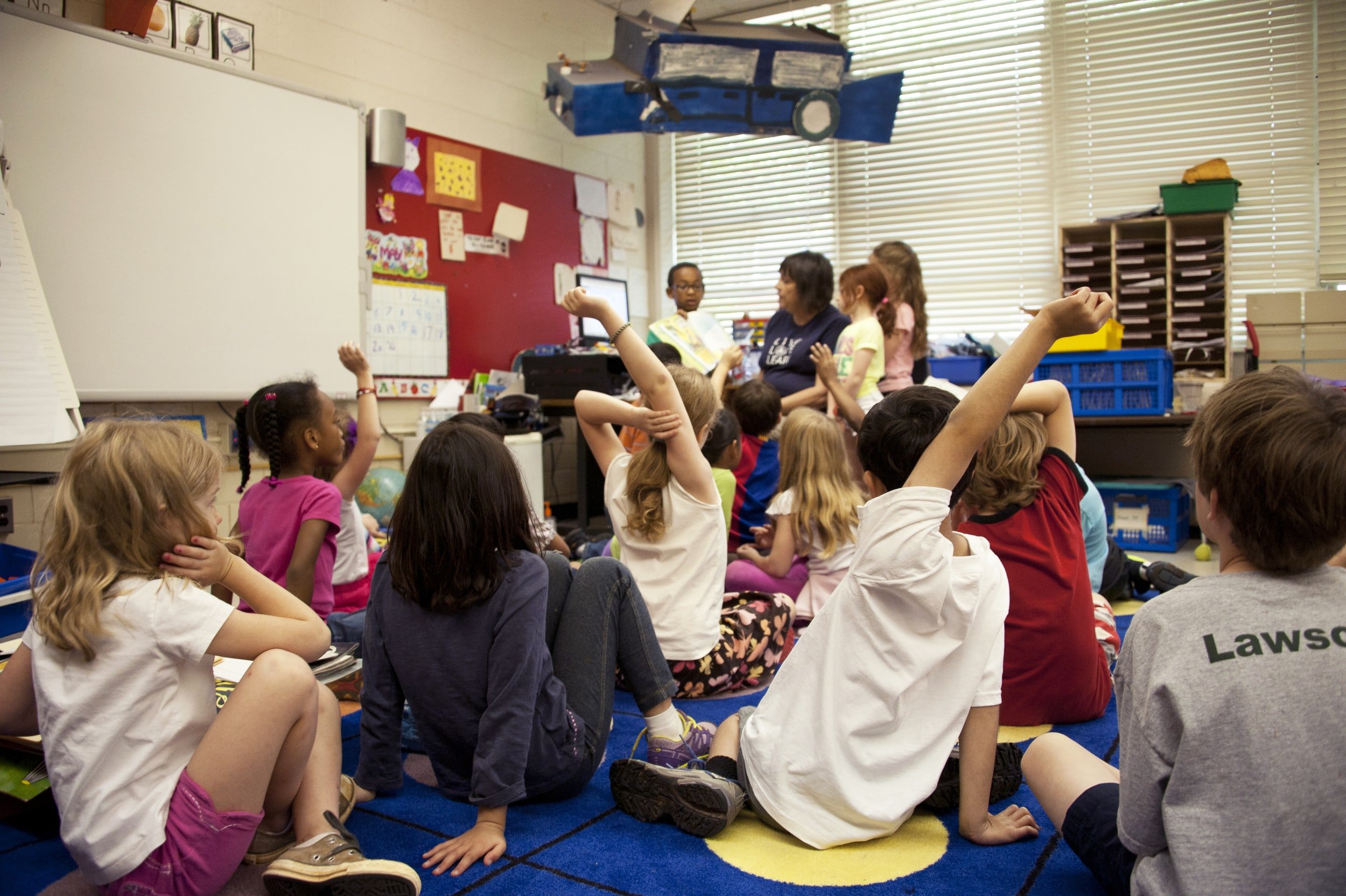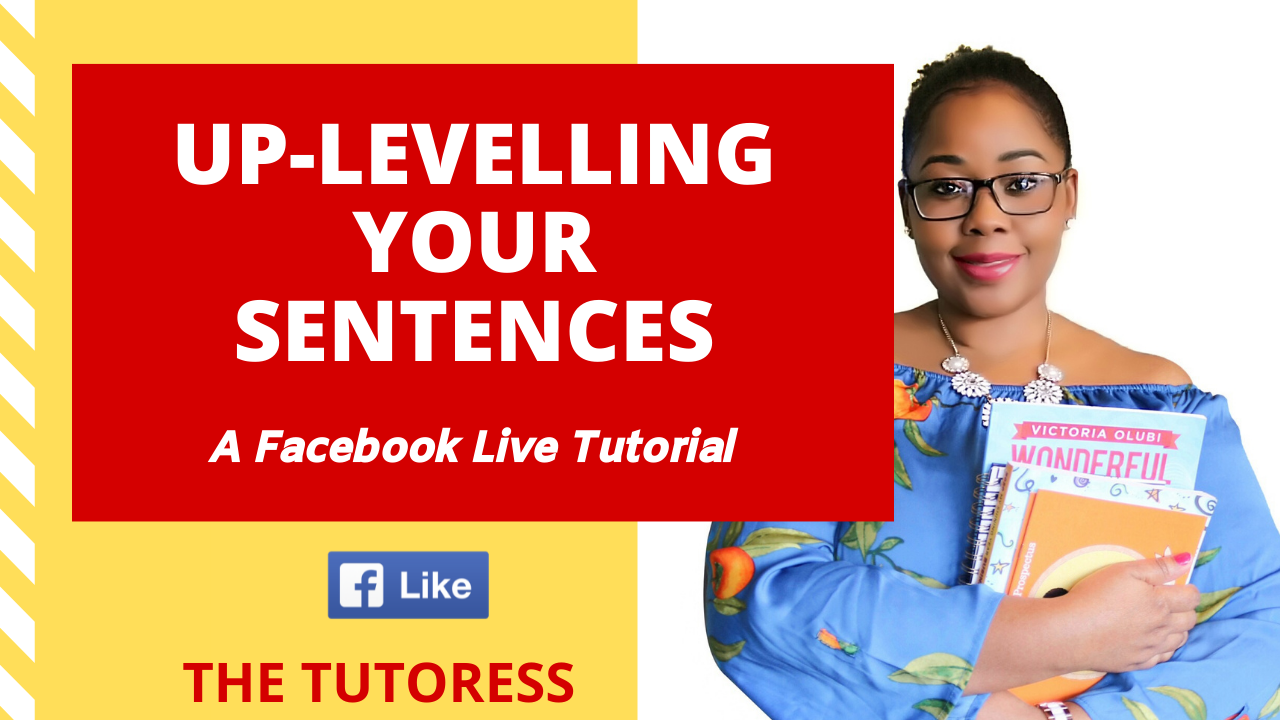Choosing a good school for your child can be a daunting decision. You have to consider factors such as class size, extracurricular activities, proximity to your home, preparation for elite secondary schools, among others. Then there is also the recent data that shows how some state schools are surpassing the performance of private schools. Suffice to say that many parents fear that sending their child to an expensive, private school is no longer a guarantee that she will have an edge on future academic and career prospects.
To have a better understanding of the British school system, one has to know that there are state-funded schools which are free and independent or private schools that comes with a fee. The independent schools sometime call themselves as public schools. The difference, however, does not only lie on the presence or absence of fees. This can in fact be immaterial in reaching a decision since most independent schools offer scholarships and bursaries. Here we aim to compare and differentiate independent and state schools in the hopes of helping you make your choice.
Let us first discuss the state schools. As mentioned earlier, these offer free education that is not necessarily inferior to what is offered by independent schools. However, those that offer primary education do not prepare your child for the 11+ exams. This means that your child will need extra help along the way especially if your goal is to get her into the more selective secondary schools. More than 90% of primary students attend state schools which are almost always in close proximity to where they live. This is an advantage since you won’t be spending too much time getting to and from school plus your children will have schoolmates within the vicinity. Keep in mind that school friends usually turn out to be lifelong companions who significantly influence your child. It might be a great idea to keep them close!
There are different types of state schools. Some academies have their own curriculum, others are grammar schools and then you also have the faith schools which give most of its places to regular church-goers. This can be a primary consideration for the religious. Another important thing to note is that government-funded education is not available to international students. Proof of a local address is required if you want to receive placement.
State schools are also government-regulated in the sense that they follow a national curriculum. Some would say that this is very limiting on the part of the teachers. Be that as it may, teachers who are truly passionate about their profession will definitely find ways to creatively inspire their students and communicate their love for learning.
Independent schools, on the other hand, are run by private organizations and payment of fees are expected from the parents. Most have smaller class sizes than the regular state schools. This provides the students with more chances to engage with their teachers and classmates and that could lead to a deeper understanding of various subject matters. Those in the rural areas also cover huge grounds which give the child more than enough space to play and roam around in. And these properties also, of course, offer more facilities that could spark your child’s interest in extracurricular activities. An exposure to a wider range of pursuits will help to target a students’ learning styles while introducing her to a vast array of knowledge. This also gives an equal chance for those students who are not as good in the mainstream subjects. The more options there are, the more likely it is for the child to find something he is good at.
Independent schools also take placements into selected secondary schools seriously and will likely prepare your child for that. They pride in getting their students into elite schools so they put in the work to do just that. Remember though that some private schools have a selection process so you might need to do your research if you want your child to get into one. Prepare even your young child for a simple assessment and mind the specific dates for registration and the like.
If the money is available and yet you are still torn between what type to choose, then you can always go for a mixed setup. Most parents send their child to a state primary then make the move to independent ones later on. This will mean though that you will plan ahead on how to assist your child to better prepare her, for example, for the Oxbridge application. A good private tutor can help you in that arena. Of course, nothing replaces what a parent can and should provide. You are your child’s first teacher and whatever she learns from school should only be a followup to the rich experiences she is having at home. Do not be afraid to introduce the world with all its eccentricities to your child. She is better off learning these from you firsthand than from strangers.





